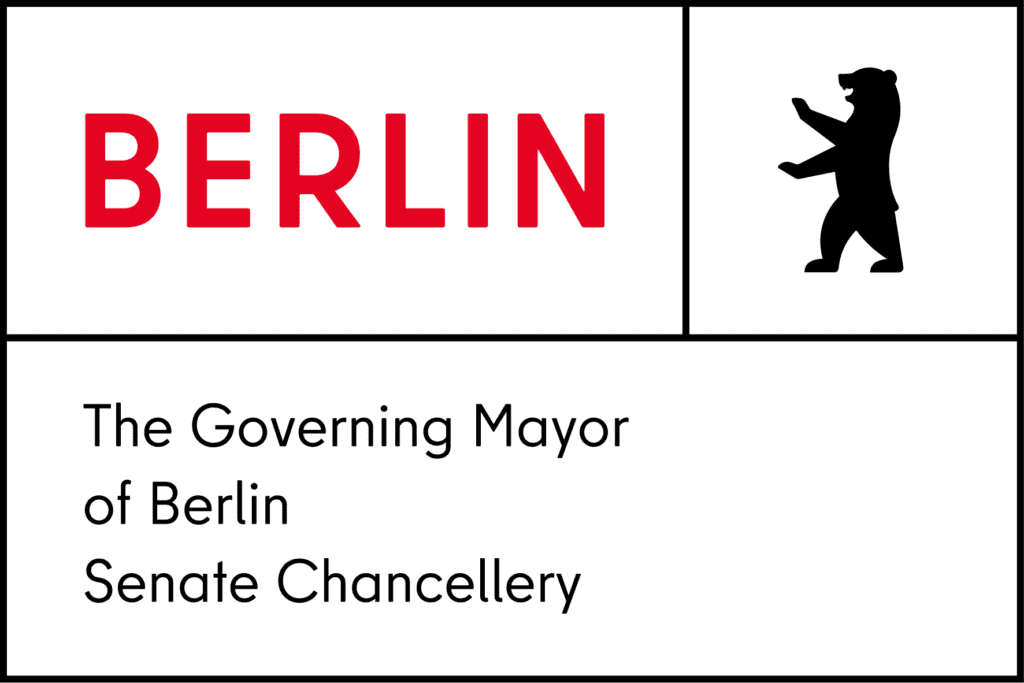Background
What sustainability goals is the Berlin Senate pursuing with regard to reducing CO2 emissions? How is the shortage of teachers affecting the city? What initiatives are there to support the cultural sector in Berlin? There are already concrete answers to questions like these – in the form of so-called written requests (Schriftliche Anfragen). Written requests are a central instrument of our democracy and allow us to ask the government or state agencies about the concrete status of or specific information on public measures. Usually, these questions are addressed to the Senate administrations in Berlin and are answered by the relevant members of the Senate or commissioned authorities.
Public administration processes large amounts of information on a daily basis, but does not have a digital knowledge management system for the most part. Data and documents are not stored on a centralized and standardized basis, but are scattered across different systems, databases, Excel files, logs and notes. Accordingly, employees of the Berlin authorities spend a lot of time compiling and processing information from various sources on an ad hoc basis.
With our prototype Parla, we are testing the possibilities of using artificial intelligence to support this process of information retrieval. The manual search for a specific piece of information mentioned in one of the numerous meeting protocols can thus be eliminated in the future. However, citizens and companies who are interested in current developments in their area or city can also use Parla to gain easier access to information.

How does Parla work?
Parla has access to more than 19,500 publicly available documents that have been published on the parliamentary documentation system PARDOK in the current legislative period. In the current version, the text corpus includes all answers to written questions from parliamentarians as well as the important main committee procedures (so-called “red numbers”). If you ask Parla a question, the system formulates a suggested answer based on this text and references the documents used for this, so that traceability is guaranteed.
Parla can therefore not only provide digital support for the daily work of parliament and administration. It is also often time-consuming for many other stakeholders, such as associations, chambers, the media and civil society organisations, to obtain an overview of current issues and decisions.
In our tests, Parla has proven to be helpful for a variety of use cases. Nevertheless, even our system does not always work flawlessly. It is now known that large language models can sometimes misinterpret information and not reproduce it accurately. Our prototyping team has worked hard to minimise these so-called “hallucination” problems – but they cannot be completely ruled out with the current state of technology. It therefore makes sense to check the answers generated by Parla with the help of the referenced documents.
By using a large language model, the prototype can filter out documents that match the search query and generate short answers. The tool’s database is updated daily to ensure that the information is relevant and up-to-date.
What’s the next step?
Parla is currently an experiment with AI and its use in administration rather than a ready-made solution. This is precisely what characterises our agile prototyping approach at CityLAB: Visualising obstacles and hurdles on the way to a finished solution in order to derive further steps.
In this way, Parla emphasises, for example, how important it is for administrations to build up and maintain well-structured, machine-readable data and metadata. Ultimately, the quality of an AI-generated response can only be as good as the data available to the AI. In most administrations, these data bases can – to put it mildly – be expanded.
For administrative work in particular, it would also be helpful to supplement Parla with other documents, including internal administrative documents. However, this is currently not possible for reasons of data protection and information security. In its current form, Parla has no problem with data security because it is based exclusively on documents that are already publicly accessible and in the public domain. However, in order to be able to process internal documents securely and retain data sovereignty, the state of Berlin would presumably have to operate a language model on its own infrastructure – a step that should be seriously considered for the future.
The source code of Parla can be viewed and reused on GitHub.
Participants
CityLAB Berlin
Berlin’s Parliament
Berlin Senate Chancellery
Contact
Ingo Hinterding (Product Lead / Team lead prototyping & research projects)
